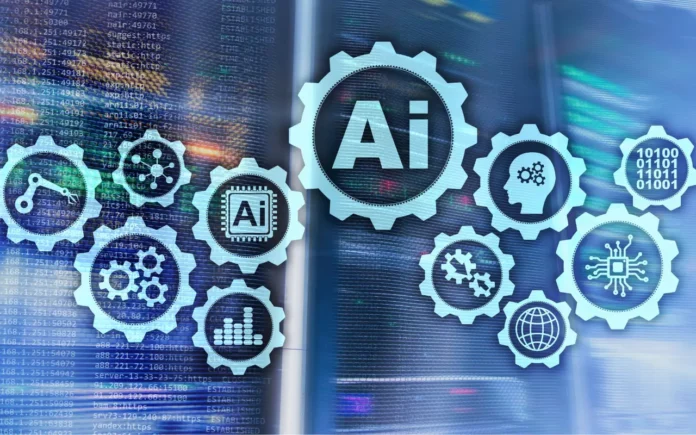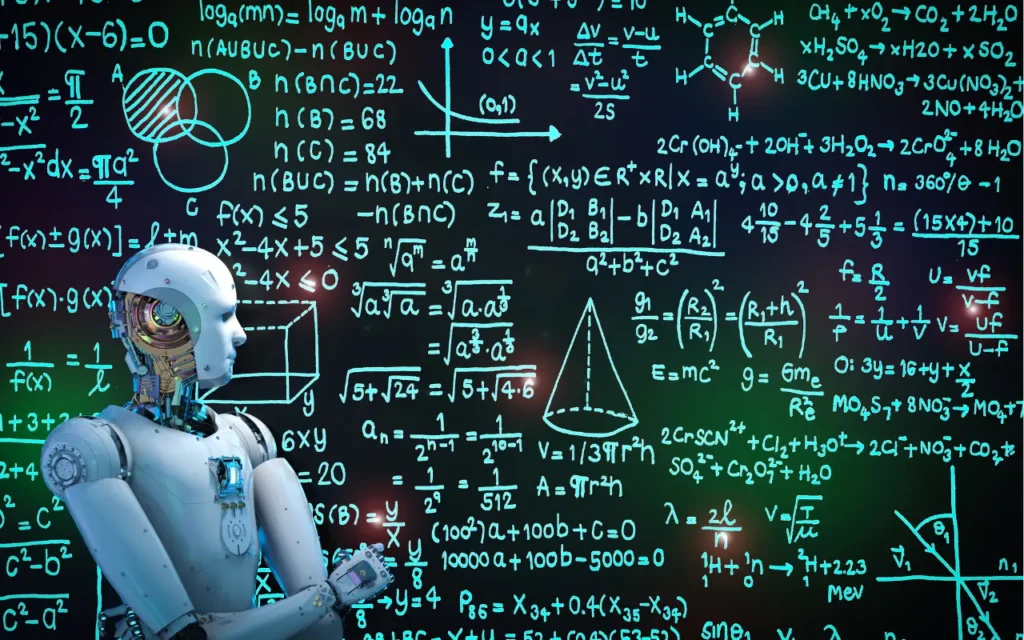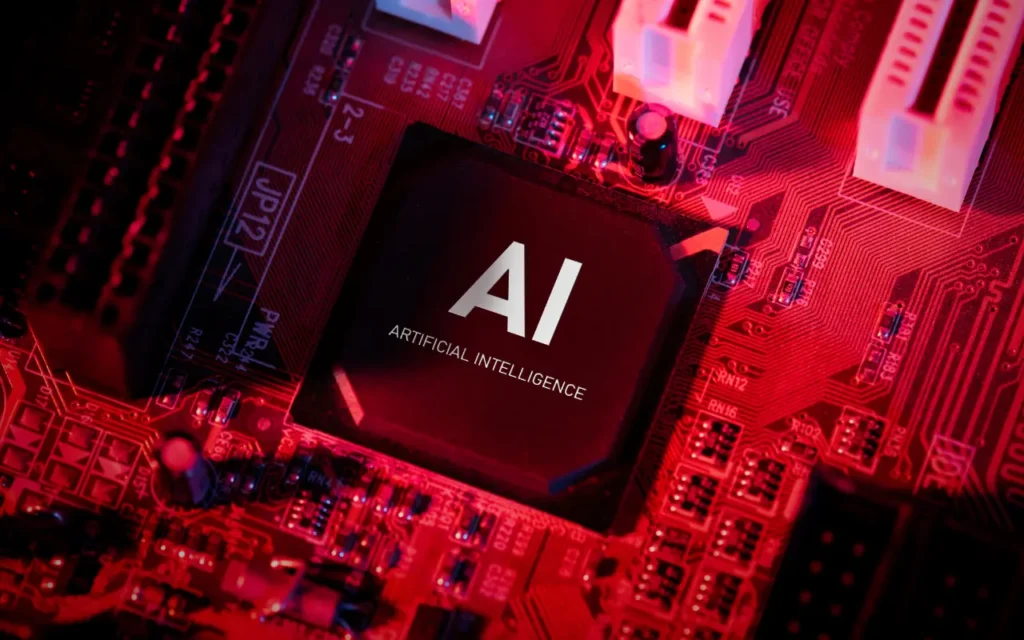
The Unseen Architects of Modern AI
Artificial Intelligence (AI) is today an integral component of our daily life, revolutionizing the way we communicate, shop, work, and even receive healthcare. From virtual assistants that follow our voice instructions to recommender systems that direct our entertainment, AI is quietly integrated into our routines. But behind these seemingly magical innovations are the engineers who construct, enhance, and implement these systems. Were it not for their dedication and expertise, AI would have been a far-off dream instead of the present reality we see today.
How AI Engineers Shape Our World
AI engineers are the backbone of tech innovations. They spend their working hours crafting algorithms, training machine learning models, and ensuring AI programs operate smoothly and ethically. They build the facial recognition software that unlocks our phones, the chatbots that respond to our customer support questions, and the predictive analytics that enhance business decisions. Every time you receive personalized product recommendations or your smart home adjusts its settings according to your activities, an AI engineer’s work is going on in the background to ensure it occurs.
Their impact extends far beyond convenience. AI is transforming industries such as healthcare, where engineers create diagnostic tools that enable doctors to identify diseases early, and finance, where fraud detection software protects users from cyber attacks. Even transportation is evolving with AI-driven innovations in self-driving cars and intelligent traffic management systems. These applications point to how AI engineers play a crucial role in defining the future of different industries.
Further, AI is used in education, redefining how the student is taught. Tutoring systems with the use of AI can provide personalized learning, which allows students to learn based on their own pace. Similarly, AI programs assist instructors in grading assignments, making the feedback more efficient. In the artistic world, AI is used to compose music, paint, and even script, extending the boundaries of man’s imagination and technical skills.
The Challenges AI Engineers Overcome
AI development is also not without pitfalls. Engineers have constantly struggled with problems of data quality, biased algorithms, and ethics. AI requires a high volume of quality data to be able to work, but it’s a tough challenge to ensure that data stays unbiased and is representative. When an incomplete or biased data is used to train an AI system, the system generates biased outcomes, and these can prove to be quite problematic for functions like hiring, law enforcement, and lending.
A second challenge is explainability of AI models. Most advanced AI systems, particularly deep learning models, are black boxes whose decision process is difficult to read. Engineers are trying to make such systems more transparent and accountable so they can be trusted in high-stakes applications like medical diagnosis and financial planning.
Security problems also hold a vital position in AI development. As complexity increases in AI, there is an increased risk of cyberattacks. AI developers must remain one step ahead of the hackers who attempt to exploit weaknesses in AI-driven systems. Right from developing good cybersecurity solutions to preventing abuse of deepfake technology, these developers keep AI a force for good.

The Role of AI Engineers in Everyday Consumer Tech
Most individuals interact with AI without realizing it. Voice-activated virtual assistants like Siri and Alexa operate based on natural language processing models developed by AI engineers. As you watch a movie online on a streaming website, recommendation algorithms powered by AI search through your watching history to suggest movies you will enjoy. Even the spam filter in your mailbox is an AI technology developed by engineers to render your inbox spam-free.
Retail and online stores leverage the use of AI to personalize the experience of the consumer. From chatbots assisting in answering shopping queries to automated inventory facilities handling the stock, AI developers design products that make things easier. In the finance industry, AI-driven systems analyze individuals’ expenses to provide suggestions on budgeting or detect suspicious transactions in real time.
Even on the internet, AI engineers get a chance to design our online experiences. Algos determine what content appears on our feeds, optimizing both engagement and personalization. AI aids in detecting and removing toxic content, hence keeping cyberspace cleaner for users to navigate. All the behind-the-scenes effort with AI in shared digital experiences illustrates the significant work of AI engineers.
AI in India: A Hub for Engineering Talent
India has emerged as a global leader in AI development, with its rapidly growing pool of skilled engineers driving innovations in the field. India’s AI talent is driving research in machine learning, robotics, and automation that is leading to breakthrough developments across industries. A number of global firms are setting up AI research labs in India, using its vast talent pool to develop innovative solutions.
For aspiring AI engineers, the possibilities in India are huge and growing. With startups working on novel AI applications to technology giants pouring investments into large-scale AI research, the domain is replete with opportunities. If you are interested in exploring career opportunities in AI, check out AI development to learn more about roles that are shaping the future of technology.
Apart from corporate careers, India is also witnessing the emergence of AI-based entrepreneurship. Young inventors and engineers are establishing companies that utilize AI to solve daily problems, varying from increasing agricultural output to designing smarter city planning initiatives. Such entrepreneurial spirit, coupled with government initiatives favoring AI R&D, establishes India as one of the strongest contenders in the global AI community.

The Future of AI and the Engineers Driving It
Since AI is continuously evolving, its potential is limitless. AI engineers are pushing the boundaries of AI fields such as natural language understanding, autonomous systems, and AI creativity. We witness advancements in generative AI, where the system is able to generate music, generate art, and even assist with writing. These innovations bring about interesting possibilities as well as questions on AI ethics, job displacement, and human-AI collaboration.
AI engineers’ work will only become more vital as AI becomes more integral to our lives. What they do will shape how we interact with technology, how businesses conduct their business, and even how societies are structured. With AI technologies getting more and more advanced, engineers will need to ensure that these technologies remain ethical, unbiased, and beneficial to all.
Also, as AI becomes more autonomous, it needs to be more regulated and monitored. AI engineers will be invaluable to the process of adhering to new laws and ethical guidelines. They will have to collaborate with policymakers, ethicists, and business leaders to create best practices that prevent the abuse of AI while fostering innovation.
Conclusion
AI is no longer science fiction—it is a reality of today and influences almost every aspect of our lives. These innovators are the unsung heroes, continually pushing what is possible with AI. Their passion for knowledge and work convert AI into a force for good that elevates industries, enhances everyday convenience, and creates a future where intelligent systems assist human beings to create a better world. We may not realize it, but AI engineers are the individuals responsible for technology advancing at a rate unprecedented in history, putting smarter solutions into our hands every day.
As technology advances with AI, one thing is for sure: the future of technology will continue to rely on AI engineers to direct its course. Not only will their inventions improve our lives in digital life, but they will also provide solutions to some of the world’s biggest challenges today, from climate problems to medical solutions. Through them, AI will continue to revolutionize lives and lead humanity to a smart, efficient, and innovative future.
Further Reading









